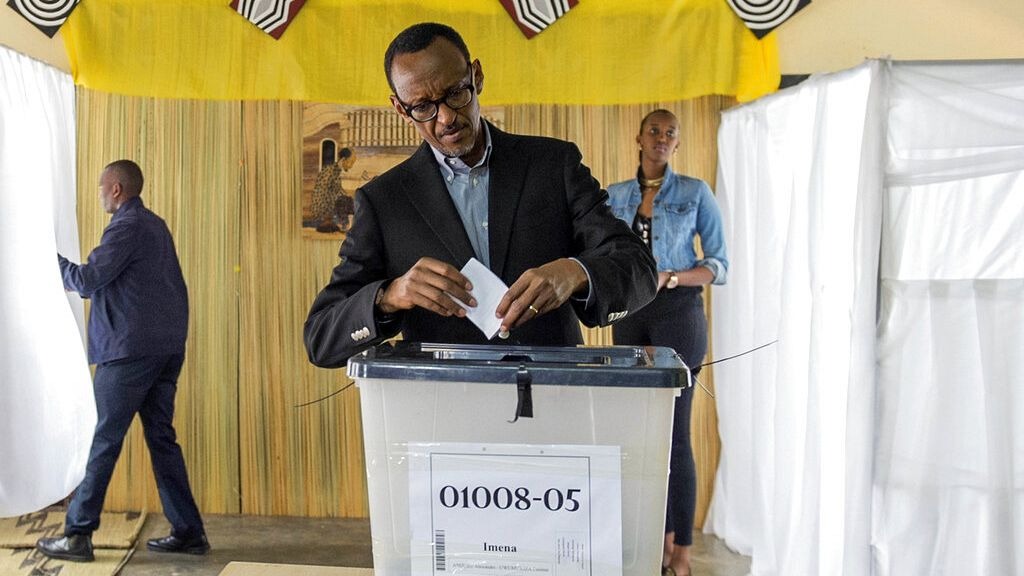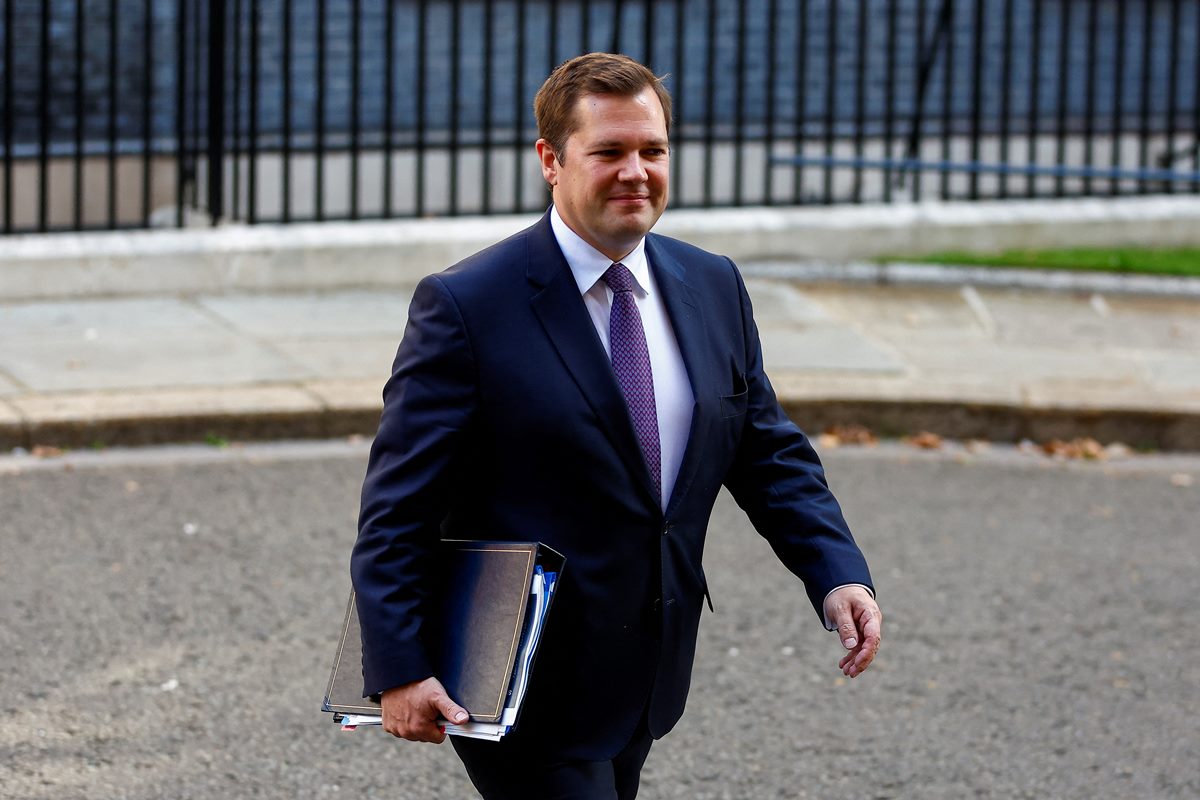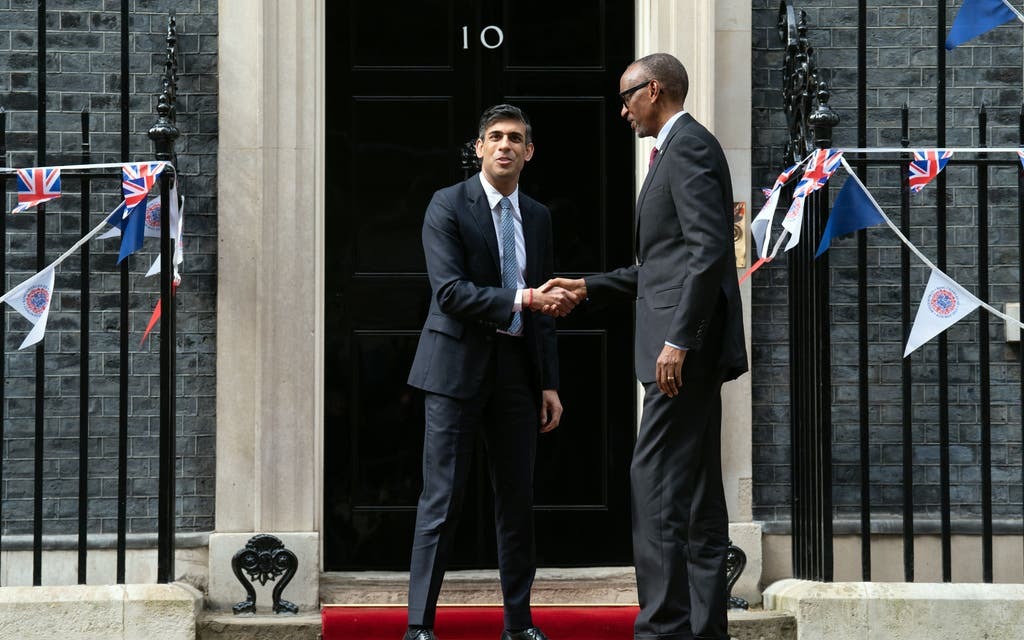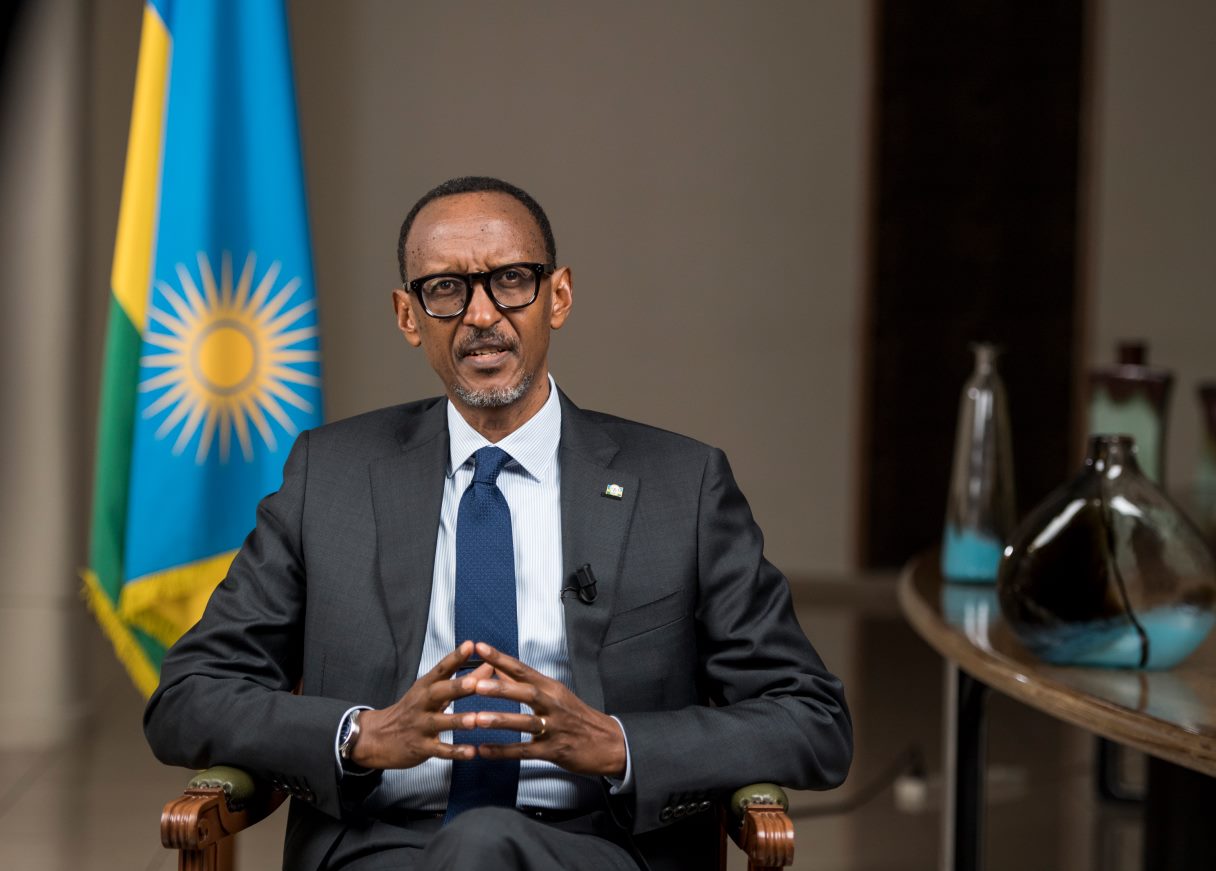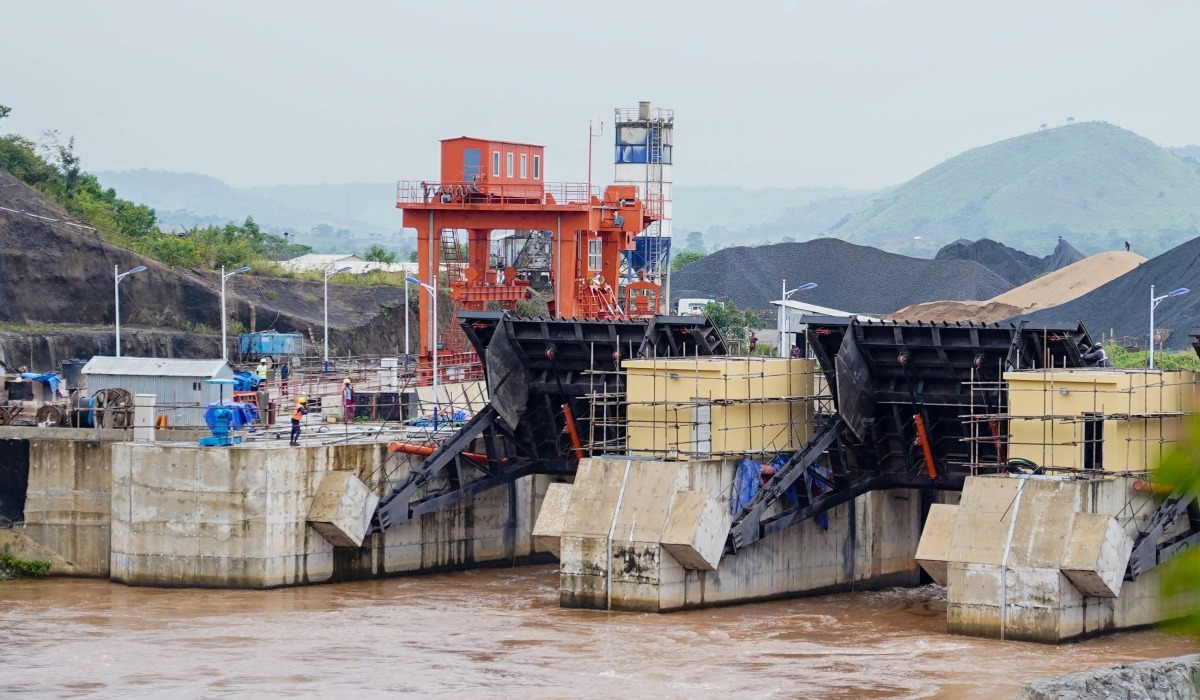The National Electoral Commission of Rwanda has announced that the country’s citizens will head to the polls on July 15, 2024, to elect their next deputies and president. The upcoming elections will see the current head of state, Paul Kagame, vying for a fourth term as president. Kagame, who has been the de facto leader of Rwanda since the end of the 1994 genocide, secured over 90% of the vote in the previous elections held in 2003, 2010, and 2017.
The Electoral Commission revealed that the election will encompass the selection of the President of the Republic and 53 deputies from a list proposed by political organisations or independent candidates. Campaigning for the candidates will be permitted from June 22 to July 12, allowing them to present their visions and engage with the electorate.
In addition to the presidential and deputy elections, electoral colleges and committees will also choose twenty-four women parliamentarians, two youth representatives, and one representative for Rwandans with disabilities on July 16, according to the Electoral Commission.
President Kagame, in September, announced his candidacy for a fourth term, expressing gratitude for the confidence Rwandans have shown in him. He stated, “I am happy with the confidence Rwandans have shown in me. I will always serve them, as long as I can.” Controversial constitutional amendments made in the past enabled Kagame to win a third term and could potentially allow him to govern until 2034. He was re-elected as the head of his party, the Rwandan Patriotic Front (RPF), at its national congress in April.
While the government touts Rwanda as one of the most stable countries in Africa, some human rights groups accuse President Kagame of governing in an environment of fear that stifles dissent and freedom of expression. The country’s ranking in the Reporters Without Borders 2023 World Press Freedom Index stands at 131st out of 180 countries.
The opposition Green Party’s leader, Frank Habineza, is currently the only other candidate to have announced his candidacy for the 2024 elections.
Rwanda’s political landscape remains significant in the context of the country’s history, with the genocide that claimed hundreds of thousands of lives in 1994. President Kagame, who was instrumental in ending the genocide, has faced criticism for alleged human rights abuses and the stifling of political opposition during his tenure.
As the election date approaches, Rwandans will have the opportunity to make their voices heard and shape the future direction of their country through the democratic process.


